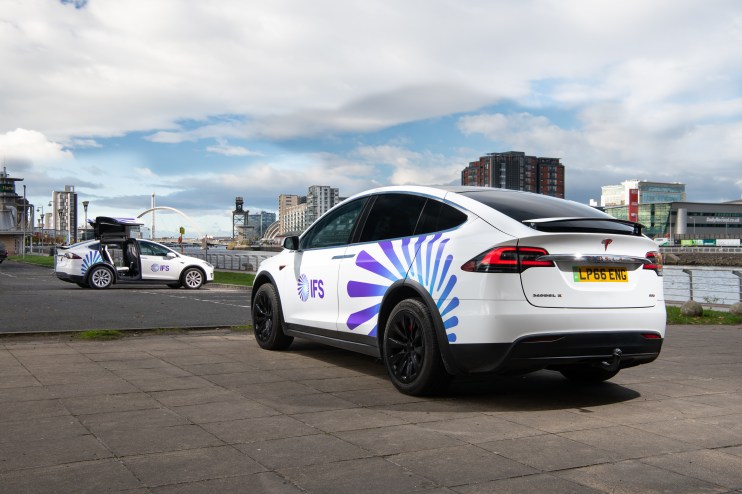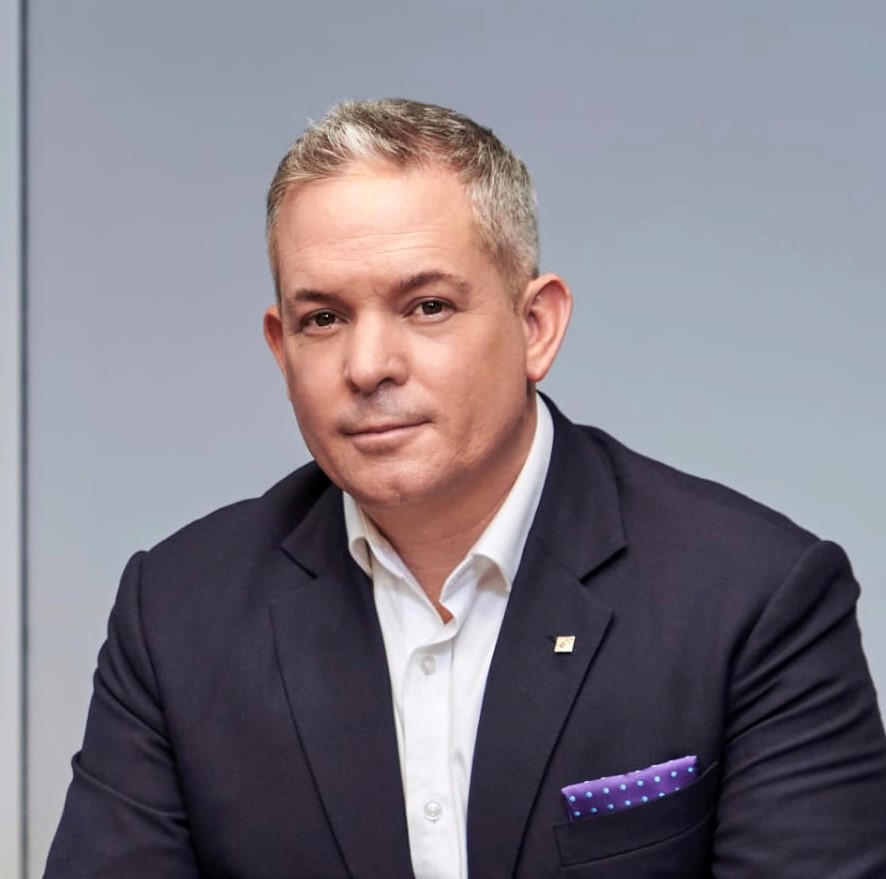The technology sector is demonstrating real leadership on sustainability

While the recent COP26 climate change summit in Glasgow has focused on gaining governmental consensus on future action to tackle climate change, the business world has already taken decisive steps towards a more sustainable future.
With the influence of ESG continuing to grow, business applications like ERP are evolving fast to satisfy ESG-related demands and critically, to ensure businesses are prepared to manage not simply by financial value but also by environmental and social impact.
At IFS, we are seeing many businesses from a range of sectors today using digital innovation to deliver success and sustainability.
The aerospace manufacturer, Rolls-Royce, for example, is keeping engines running for longer, reducing the financial and environmental costs of maintaining aircraft fleets. An Australian textile company is recycling millions of plastic bottles into a fabric used in construction and infrastructure projects.
A Sri Lankan synthetic yarn manufacturer is also recycling plastic to reduce emissions by producing yarn exclusively from recycled PET flakes, being one of two plants globally with such a capability. This circumvents the polymerization process seen at conventional recycled yarn production plants. Other examples include an automation company increasing wind energy efficiency and a Swedish timber and biofuel company significantly reducing its own carbon emissions through greater visibility of its processes and their impact.
All these companies are IFS customers who were either winners or were highly commended in our inaugural Change for Good Awards which we launched in the summer. Showing a real-world commitment to emissions reductions and waste-reduction, they are proving that there is no pay-off between greater efficiency and value-creation on the one hand, and increased sustainability on the other. Given the right level of insight and innovation, the two not only can, but typically do go hand-in-hand.
The potential environmental gains from digital innovation are significant. Deloitte’s Digital with Purpose report, for example, estimates that information and communication technology (ICT) can reduce greenhouse gas emissions by 1.34Gt by 2030. And digital technologies could enable reductions in carbon emissions equivalent to almost seven times the amount that emissions of the ICT sector will grow by 2030. In the digital sector, we already have a great sustainability exemplar in Microsoft, which has pledged to be carbon-neutral by 2030. The rest of us should be attempting to follow the trail it blazes.
Our customers are certainly not content to be by-standers on climate change or go through the motions of planting a few trees and leaving it that. They demonstrate how it is possible to reduce waste, emissions, embrace the circular economy, and explore new, more sustainable business models by employing enterprise software. This provides the visibility of assets, people, and processes needed for better, more informed decisions.
At IFS, we take climate change seriously. We have joined the UN Global Compact and worked with UN Patron of the Oceans, Lewis Pugh to incorporate the initiative’s 10 principles into our own ambitious sustainability strategy which will see us reach carbon neutrality by 2025. Lewis is helping us shape our own plans and those of our customers and partners, acting as a champion, advocate, and ambassador. In line with this, at COP26, he showcased the progress of our Change for Good Awards winners.

Governments need to play an instrumental role and offer genuine leadership on climate change and environmental impact. That was the rationale behind COP26, after all. But while politicians continue the debate, we don’t have to wait for them to take action.
There is plenty that can be done and at IFS we will continue to take action, Sustainability is top of our agenda., We shared our own goals earlier this year and therefore are closely connected to our customers’ agenda. In speaking to them it became clear that the challenge in ESG was not the lack of standards but their proliferation. ESG disclosures are made by companies voluntarily, something that is changing as regulators become more proactive.
IFS is uniquely positioned to help customers realize their diverse ESG ambitions. We have therefore taken a multi-pronged approach to meet their needs and designed a new ESG Application for IFS Cloud, which we have made available inside Microsoft Teams. This way, we help streamline the data collection, the most expensive part of ESG certification for our customers and can demonstrate real-time benefits to the user from the data collection process. This kind of approach is key to our focus at IFS. We want to put relevant technology into the hands of companies that have chosen to be proactive and innovative in building sustainable business models.
The time for action on sustainability is now. By working on solutions that deliver practical results today, technology businesses like IFS are delivering real leadership that will benefit organisations long into the future.